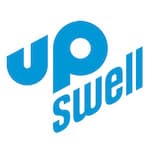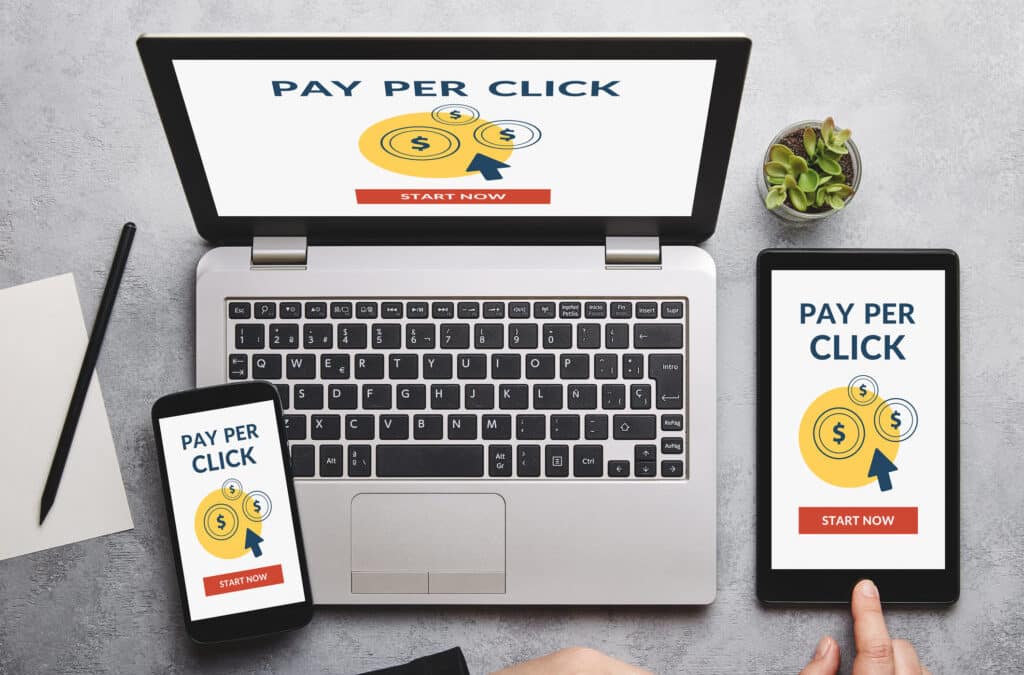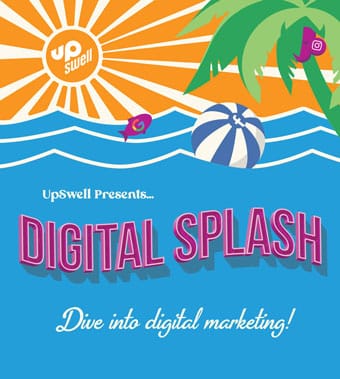Having an online presence is essential for today’s businesses. Having said that, more than 1.8 billion websites are up and running these days. Many of them are probably competing in the same space as your company. That means being online is no longer enough. You have to build your online presence to the point where it outshines that of the competition.
Several elements go into creating and expanding your online presence. Having a fully functional website; filling it with meaty, relevant content; catering to visitors in every portion of your sales funnel; and finding the right channels through which to reach your target audience are only a few of the most important.
Of course, all those fall into the category of organic marketing. Many businesses tend to overlook the value of paid advertising, such as PPC. As part of a well-rounded marketing and advertising campaign, paid ads can help get you noticed by the search engines as well as prospects.
What Is PPC?
PPC, or pay-per-click advertising, is basically a type of online advertising in which you pay to get customers to visit your website. You choose the types of keywords and phrases you’d like your ads to appear for during prospects’ online searches and set a price you’re willing to pay for the added visibility. When you conduct an online search for products, services, or information, you’ll see a selection of clearly marked ads at the top of your search results. Those are PPC ads.
It’s important to understand that you don’t have to constantly pay for PPC ads. Certain factors determine whether or not your ads appear in consumers’ searches at all. Even if your ads are chosen, you still won’t have to pay for the exposure. You only pay if someone actually clicks on the ad and follows through to its landing page.
How Does PPC Work?
In truth, the answer to this question is fairly complex, but we’ll break it down into a few simpler elements. Becoming successful with PPC advertising begins with creating an account on the platforms you’d like to advertise from. Google Ads is the most popular by a considerable margin, but it also pays to consider other platforms, such as Bing, Facebook, Amazon, and LinkedIn. Those are only a few of the available options.
Determining Your Ad Types
After choosing your platforms, you’ll need to decide which types of ads to run, such as search, shopping, or display ads. Which ones are best for your advertising campaigns depends on the type of business you have; whether you offer products, services, or both; and your overall marketing and advertising goals among other aspects.
Choosing Your Keywords
Then, you need to decide which keywords and phrases in people’s online searches you want to rank for. Again, several factors go into deciding which ones would be most effective. Here you’ll need to consider the products and services you offer as well as the many keyword variations that could come into play.
For example, let’s say you own a dental practice. You offer numerous treatments for patients, including cleanings, extractions, cosmetic procedures, braces, and clear aligners. However, you don’t venture into dental implants.
You’d want to rank for searches involving extractions, surgical extractions, tooth whitening, veneers, crowns, tooth straightening, and other relevant terms. When prospects are looking for the types of services you offer, click on your ads, and find themselves on your website, they’re likely to schedule an appointment. Paying for those clicks will generate nice profits for you in the long run.
On the other hand, you wouldn’t want to rank for dental implants. If prospects were to click on your website looking for that service when you don’t offer it, they won’t ultimately convert to paying customers. You’d be paying for the click without generating any returns.
Building Your Campaigns
From there, you’ll need to build your PPC advertising campaigns around your chosen keywords. Creating truly effective campaigns requires understanding popular search phrases and variations. You’ll need to develop ads that are geared toward short, simple keywords and phrases as well as longtail keywords.
Short keywords are easier to rank for, but you’re likely to be competing with far more companies for visibility. Longtail keywords are more difficult to rank for but give you less competition. It’s best to focus on a nice blend of both.
When you’re developing your ads, you’ll need to think about various additional elements as well. Creativity is key. It helps draw prospects’ attention and entices them to click on your ads. Being sure the landing pages your ads take prospects to are relevant, functional, and simple to navigate, too. That’s only the beginning.
Ad Groups
Your campaigns will be divided into ad groups. Google basically defines an ad group as a group of ads that share similar themes. These are based on specific products or services, keywords, and other factors. Referring back to our dental practice example, an ad group could be cosmetic dentistry. Within that ad group, you might include ads for teeth whitening, veneers, and bonding. Each ad group you choose will contain PPC ads that are relevant to that category.
Those are only a few of the basic crucial aspects of PPC advertising, and they branch out in different directions. Several others also factor into the equation. Each one plays a distinct role in the overall cost of your paid advertising and its effectiveness. All of them are equally crucial.
Digging Deeper
On top of all those details, you need to understand how your ads are chosen and how the costs per click are calculated. When you create your ads, you’ll need to set maximum bids for them, or the most you’re willing to pay for a click. Then, when a prospect conducts a search that’s relevant to your ads, an auction will be held to determine which ones are displayed.
You’ll be competing against other companies’ ads during those auctions. Google and other PPC platforms use a range of factors to decide which ads to display. These include maximum bids and just how relevant certain ads and their landing pages are to the search being conducted. Keep in mind, all this happens automatically based on the parameters you’ve entered into your advertising account. You won’t have to sit by the computer for hours on end waiting to outbid the competition.
Using PPC to Propel Your Company to the Top
PPC advertising brings to the table a long list of benefits. It’s targeted, flexible, and gives you several opportunities to quickly gain visibility in your niche. It’s also cost-effective and provides ample ways to measure the effectiveness of your campaigns. When combined with other marketing and advertising outlets and strategies, it can certainly generate the exposure your business needs.
Still, PPC is a complicated field even for veteran marketers. It’s constantly changing, and ensuring your campaigns are successful and profitable requires constant attention. At UpSwell, we’re here to help clients make the most of all the marketing and advertising opportunities available to them. Contact us to learn more about how we can aid in boosting your online presence and ramping up your visibility via PPC advertising and numerous other tactics.







